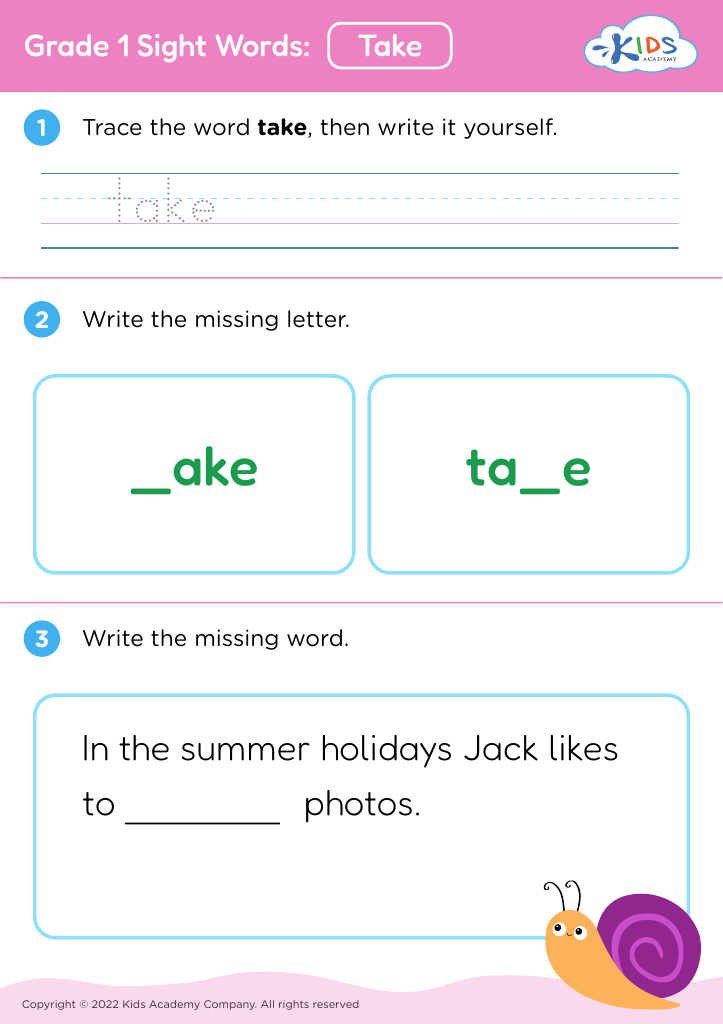Mathematical problem-solving Worksheets for Ages 3-6
7 filtered results
-
From - To
Discover engaging Mathematical Problem-Solving Worksheets designed specifically for children ages 3-6! Our collection offers a variety of fun and age-appropriate activities that foster critical thinking, encourage logical reasoning, and build foundational math skills. Each worksheet is crafted to promote problem-solving abilities through interactive challenges that captivate young learners. From basic counting to simple patterns, these resources encourage exploration and play while ensuring educational growth. Perfect for at-home learning or classroom use, our worksheets provide a fantastic way to introduce essential mathematics concepts in a fun and nurturing environment. Start your child’s math journey today with our colorful and captivating worksheets!
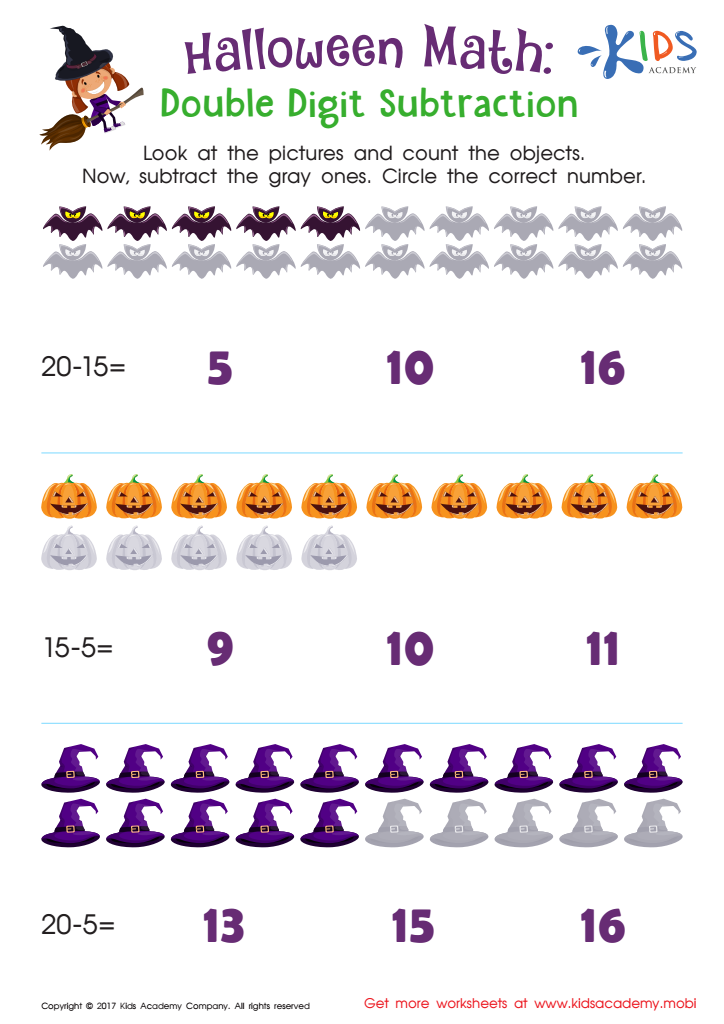

Halloween Math Subtraction Worksheet
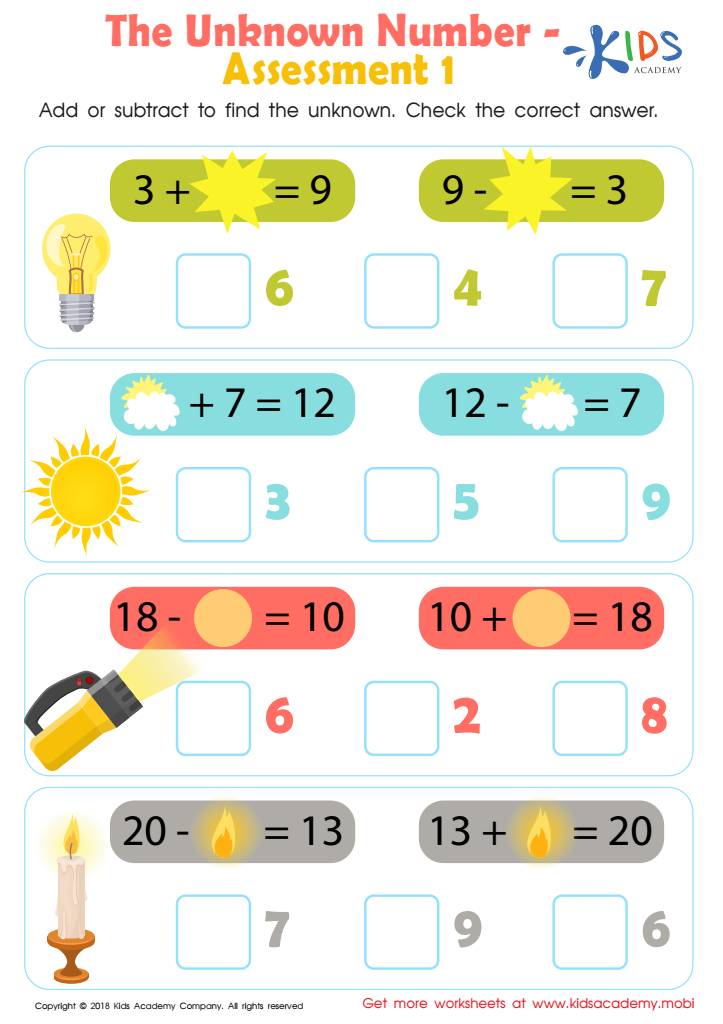

The Unknown Number: Assessment 1 Worksheet
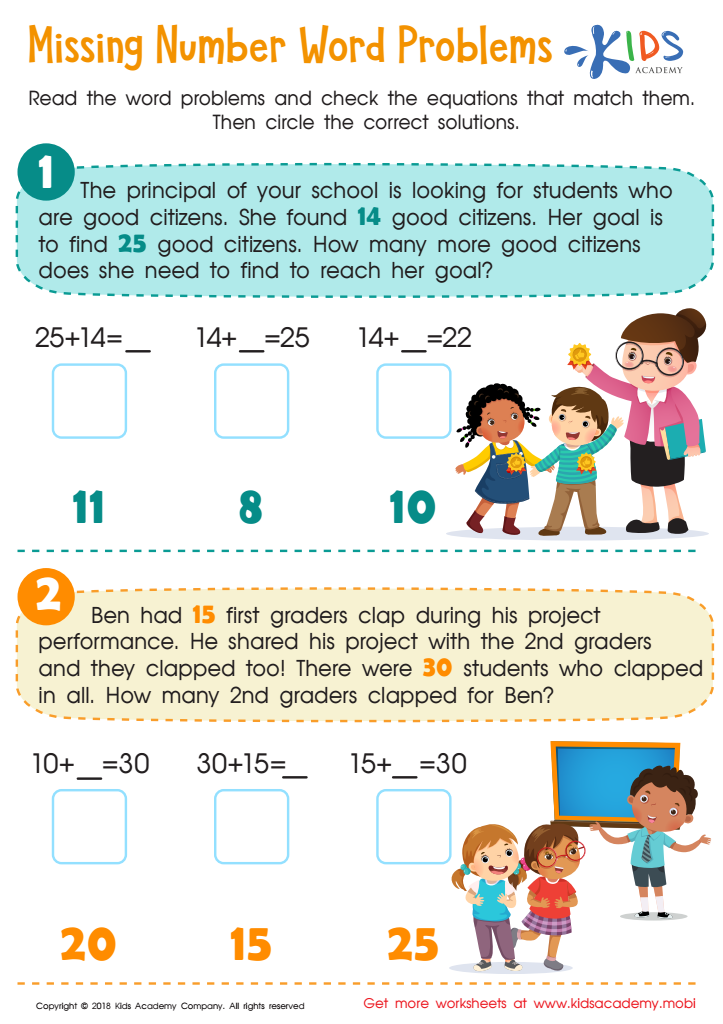

Missing Number Word Problems Worksheet
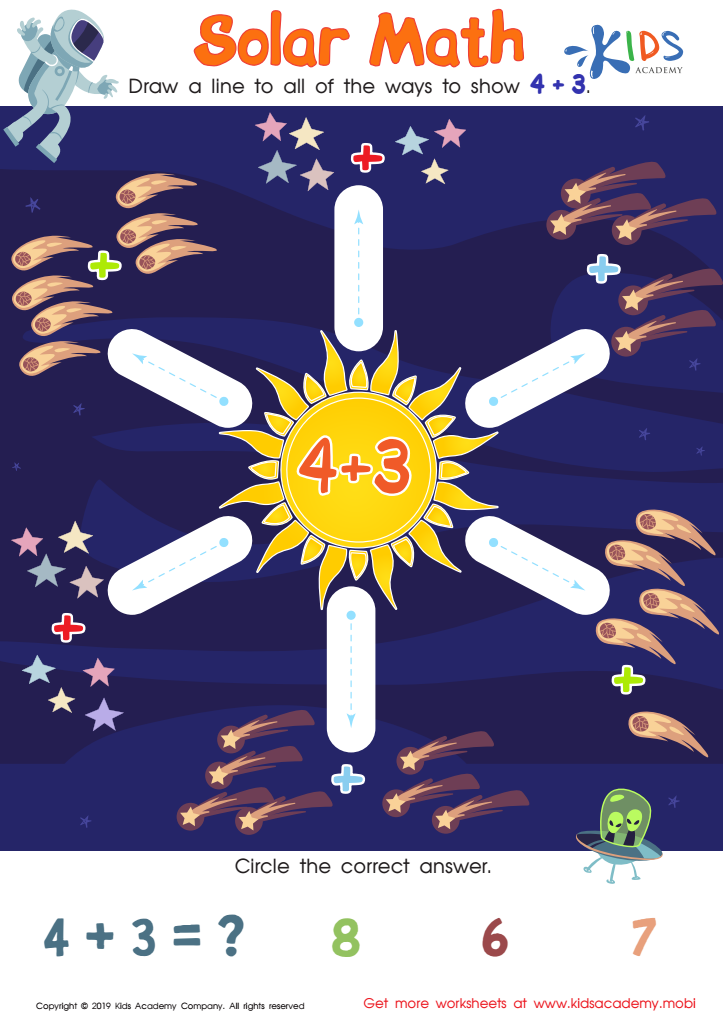

Solar Math Worksheet
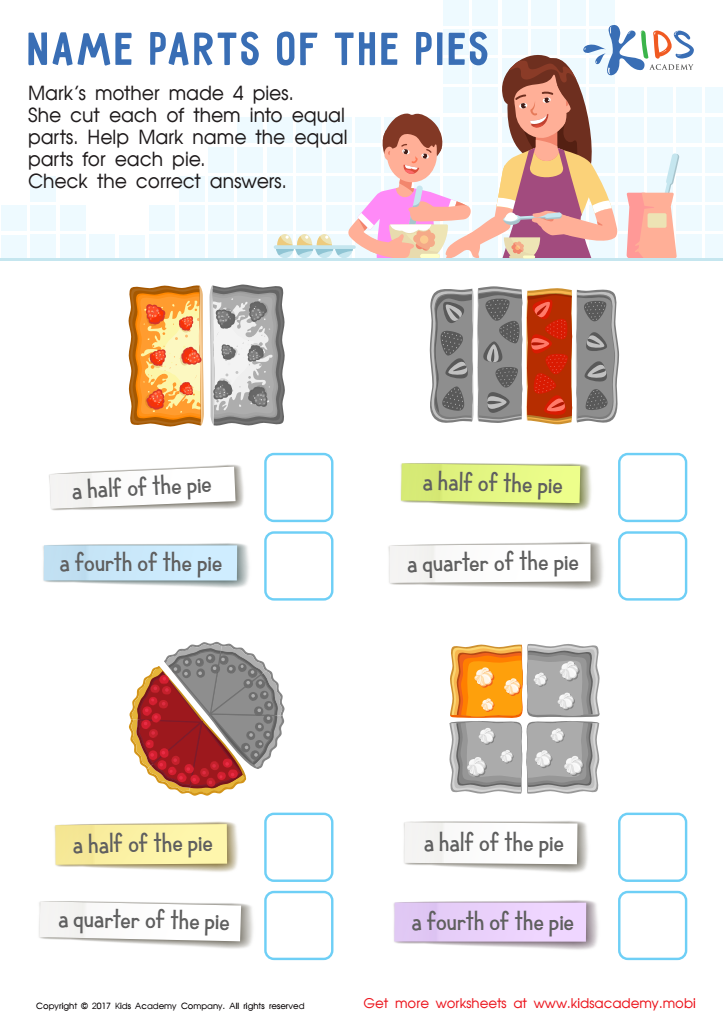

Name Parts of the Pies Worksheet
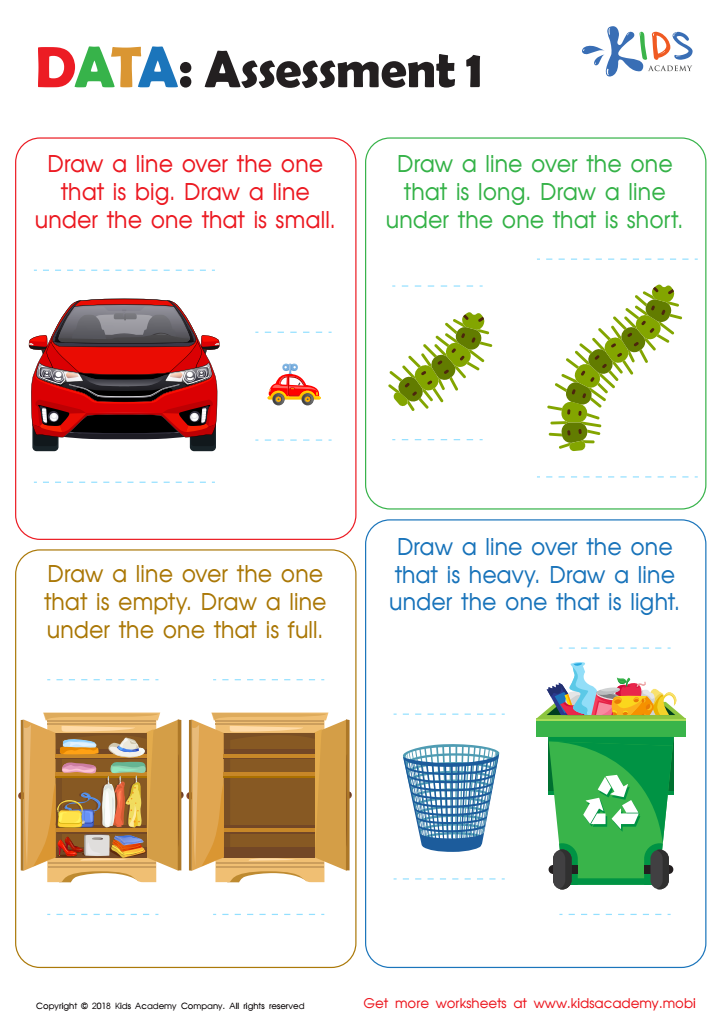

Data: Assessment 1 Worksheet
Mathematical problem-solving is essential for children aged 3-6 as it lays the foundation for critical thinking and cognitive development. At this stage, kids are naturally curious and eager to explore their environment. Engaging them in mathematical problem-solving nurtures this curiosity, fostering a love for learning. It promotes skills such as reasoning, pattern recognition, and the ability to formulate and test hypotheses, all of which are crucial for future academic success.
Moreover, early mathematical experiences enhance language development. Discussing numbers, shapes, and measurements helps children build vocabulary and strengthens their understanding of concepts, as they verbalize their thought processes. Additionally, problem-solving encourages collaboration among peers, teaching them important social skills such as communication and teamwork.
Parents and teachers play a vital role in creating an environment that values mathematical exploration. This can be achieved through play-based learning, incorporating math into everyday activities, and encouraging spontaneous discussions about math-related topics.
Ultimately, fostering problem-solving skills in the early years equips children with the tools they need for ongoing academic achievement and everyday life, promoting independence and self-confidence as they navigate challenges. Investing time and resources into this area is essential for comprehensive child development.

 Assign to My Students
Assign to My Students
